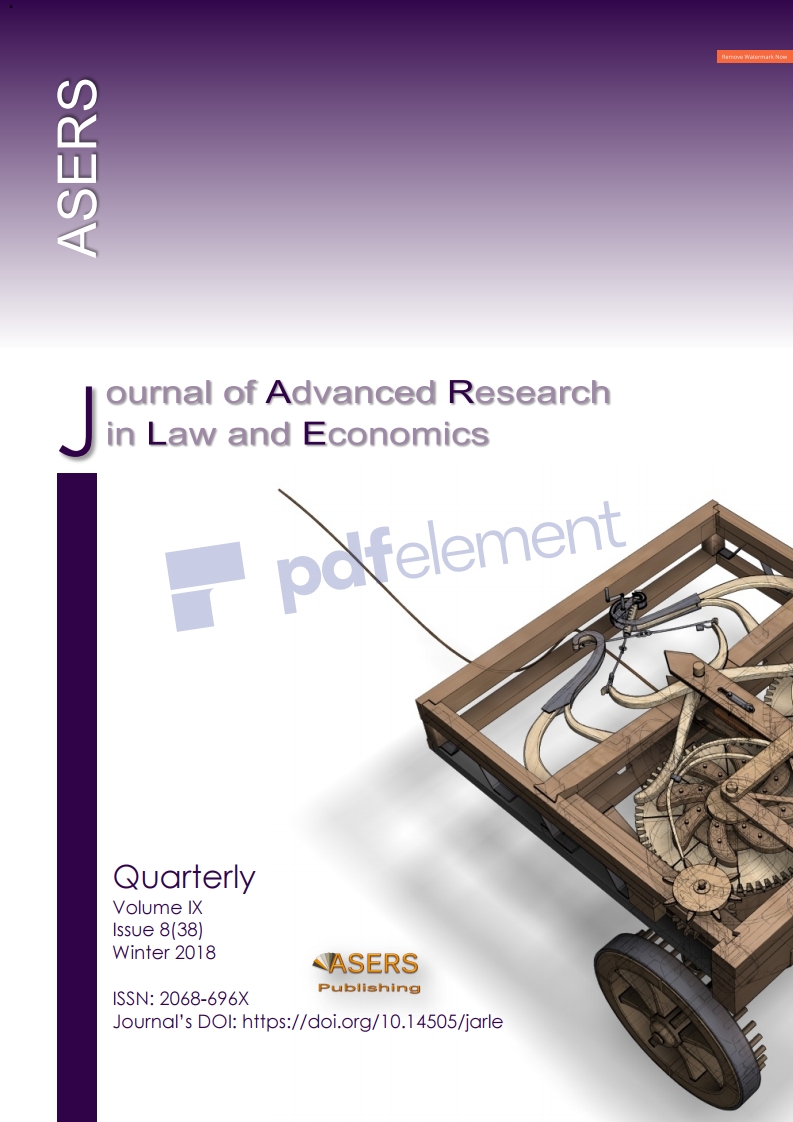Theoretical and Methodological Aspects of Anti-Corruption Mechanisms Formation in the System of Higher Education
Theoretical and Methodological Aspects of Anti-Corruption Mechanisms Formation in the System of Higher Education
Author(s): Galiya NAZKHANOVA, Natalya KHAN, A. A. Moldazhanova, Gulzira Abdullayeva, Roza AbdrakhmanovaSubject(s): Education, Higher Education , Corruption - Transparency - Anti-Corruption
Published by: ASERS Publishing
Keywords: Eurasian Economic Union; higher education; corruption; prevention of corruption;
Summary/Abstract: Modern higher education in the Russian Federation are increasingly approaching the critical state. Despite attempts to reformand use of successful foreign practices, our country is still lagging behind in the role. In the events that occurred in the country over the past two decades, we can conclude that Russia is characterized by unpredictable ‘rules of the game’ and, as a consequence, the future unpredictable. This led to the fact that Russian society is developing in a legalized falsification of higher education. This is reflected in the media and formally legalized the issuance of diplomas of higher education to persons not mastered the full competencies, required not only educational standards, but also the labor market. Indicators such falsifications are ‘custom-made’ evaluation and qualification works of students. Plagiarism, rough compilation when writing papers, the active use of cribs in the control of knowledge of students – a systemic phenomenon in the modern high school, that is, in fact, the falsification of knowledge. Thus, in today's society formed the ‘cult of the diploma’ the presence of higher education, and not the real competence, with the help of which the professional career and the life of a citizen in a civilized world.
Journal: Journal of Advanced Research in Law and Economics (JARLE)
- Issue Year: IX/2018
- Issue No: 38
- Page Range: 2689-2694
- Page Count: 14
- Language: English
- Content File-PDF

